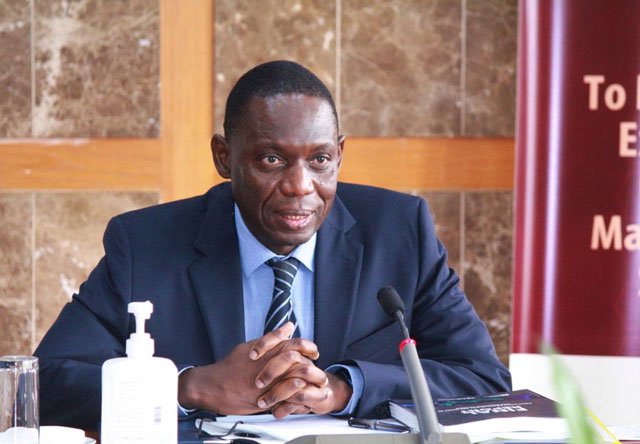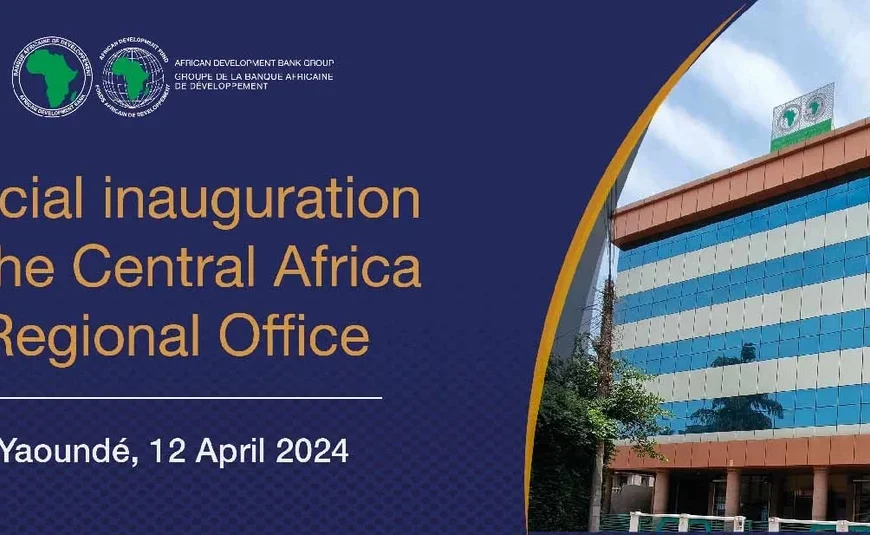

CBR might be increased further, says Bank of Uganda
According to Bank of Uganda, the monetary policy might be tightened even further if inflationary pressures persist to ensure that inflation reverts to its medium-term target of 5 percent.
Bank of Uganda has said it might be forced in the near term to further tighten the monetary stance if inflationary pressures continue.
This, Bank of Uganda Deputy Governor Michael Atingi-Ego, said is the only way through which they will revert inflation to the 5 percent target.
“Going forward, [we] consider that the monetary policy will have to be tightened even further if inflationary pressures persist to ensure that inflation reverts to its medium term target of 5 percent,” Mr Atingi-Ego said in a statement recently.
Bank of Uganda also noted that it had increased the Central Bank Rate to 9 percent.
This is the third month Bank of Uganda is increasing the Central Bank Rate as the economy continues to face strong cost-push inflation pressures from the external environment, dry weather conditions and exchange rate depreciations amid weak domestic demand.
Inflation has been rising with headline inflation, which measure charges in the cost of living, increasing to 7.9 percent in July from 6.8 percent in June.
The spike has seen the Central Bank increase the benchmark rate by a percentage point, the highest since 2018, in June and in July.
Last month, Bank of Uganda held the first unscheduled monetary policy committee meeting on the back of soaring commodity prices occasioned by supply chain disruptions.
Mr Atingi-Ego also noted that inflation is projected to stable between 7 percent and 7.4 percent for the rest of the year but economic growth will remain subdued, growing at between 2.5 percent and 3 percent, a slower pace compared to the earlier estimate of 4.5 percent and 5 percent.
“Overall, economic growth prospects have been dimmed with increasing risks of a global recession, and weaker consumer and business sentiment as high inflation and commodity prices continue to erode household and business incomes,” he said.
The increase in the Central Bank Rate, a key ingredient in the cost of loans, is expected to negatively impact access to credit as it becomes more expensive compared to about three months ago.
INCREASED COST
Financial institutions have already increased the cost of funds with a number of commercial banks signaling a further increase in interest rates. For about two years, banks have remained cautious on advancing credit to the private sector fearing an increase in default due to disruptions and fall in operating incomes.














